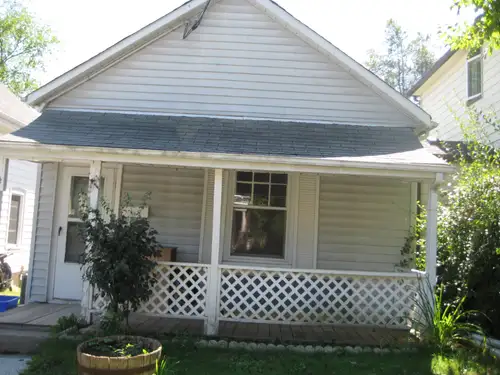
WEIGHT: 48 kg
Breast: A
1 HOUR:70$
Overnight: +40$
Services: Humiliation (giving), Massage, Fisting vaginal, Striptease pro, BDSM (receiving)
To browse Academia. This thesis investigates the perceptions of development held by older people wazee in South-Eastern Tanzania, exploring their views on various interventions from the late-colonial era to the present. It focuses on three critical dimensions: materiality, place, and the historical context, uncovering complex, localized understandings of development that challenge mainstream narratives.
Through ethnographic research, it highlights how older people's experiences shape their expectations of development, revealing a compelling narrative of absence and the significance of forgotten voices in ongoing development discourse. This paper considers African local knowledge by establishing two themes: social relations that form African local knowledge and the relationship between African local knowledge and livelihood activities.

While continuing to accumulate several case studies based on long-term fieldwork, we have also begun to work with residents to create new technologies and techniques based on these findings. Chapters specifically examine agriculture, forestry, and water programs, as well as programs intended for women, including population control through family planning.
The research shows agriculture programs to depict rural Africans as barely capable of achieving subsistence, while Malangali residents make farming and labor decisions based more upon considerations of profit than of yield.

Forestry programs were designed to combat deforestation that planners asserted but never demonstrated with reference to a local ecology featuring areas of thriving miombo woodlands; even so, many male residents engaged in tree planting when they foresaw high enough potential financial benefit. Projects for women were aimed to address what planners perceived as conditions of gender oppression, but Malangali women never came to agree with the details of that analysis.





































